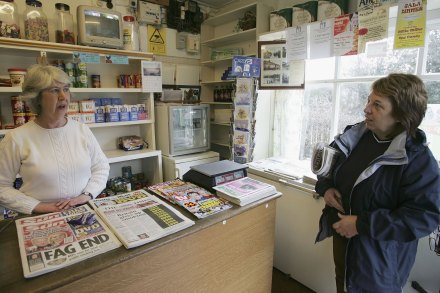The greying labour force
As a follow-up to my post yesterday on the number of new jobs being occupied by the over-50s, I should point out that there’s a good piece on the matter by Melanie McDonagh in today’s Times. McDonagh rightly argues that an increasingly grey component of the labour market is a positive development: “The notion that people are still being hired as they head for what was once, laughably, called the retirement age should cheer us up. A workforce that brings together energetic Poles and hardy Brits of the war generation seems rather a good combination given the dearth of skills and any discernible work ethic among many school leavers ….




















